Have you heard of internet decentralization?
Exploring the Future of Web Connectivity, Lu Heng
In recent years, the concept of internet decentralization has gained significant attention as an alternative approach to traditional centralized internet architectures. But what exactly is internet decentralization, and why is it important? In this article, we’ll delve into the fundamentals of internet decentralization, its potential benefits, and the technologies driving its adoption.
What is Internet Decentralization?
Internet decentralization refers to the shift away from centralized control and ownership of network infrastructure, data, and services towards a more distributed and democratized model. In a decentralized internet, power is distributed among a network of interconnected nodes, rather than being concentrated in the hands of a few dominant entities or organizations. This distributed architecture aims to promote greater user autonomy, privacy, security, and censorship resistance while fostering innovation and collaboration.
Key Concepts of Internet Decentralization:
Peer-to-Peer Networking: Peer-to-peer (P2P) networking is a fundamental aspect of internet decentralization. In P2P networks, nodes (or peers) communicate directly with each other, bypassing the need for centralized servers or intermediaries. This distributed model enables peer-to-peer sharing of resources, data, and services, making it resilient to censorship and single points of failure.
Blockchain Technology: Blockchain technology plays a pivotal role in internet decentralization by providing a secure, transparent, and tamper-resistant ledger for recording transactions and data. Blockchains enable decentralized consensus mechanisms, cryptographic security, and smart contracts, facilitating trustless transactions and decentralized applications (dApps) without the need for intermediaries.
Distributed Storage Systems: Decentralized storage systems leverage distributed architectures to store data across multiple nodes or devices, rather than relying on centralized servers or cloud platforms. This distributed approach enhances data privacy, availability, and resilience while reducing dependence on centralized storage providers.
Decentralized Identity: Decentralized identity solutions enable individuals to control and manage their digital identities without relying on centralized identity providers or authorities. Using blockchain-based decentralized identity protocols, users can securely manage their personal data, authenticate themselves, and access online services while preserving privacy and security.
Benefits of Internet Decentralization:
Enhanced Privacy and Security: Decentralized internet architectures reduce the risk of data breaches, surveillance, and censorship by distributing control and ownership of data among network participants. Users have greater control over their personal information, reducing the likelihood of privacy violations and unauthorized access.
Censorship Resistance: Decentralized networks are inherently resistant to censorship and content manipulation, as there is no central authority or single point of control. This censorship resistance ensures freedom of expression, access to information, and uncensored communication, particularly in regions with restricted internet access or oppressive regimes.
Improved Reliability and Resilience: Decentralized networks are more resilient to disruptions, cyber attacks, and natural disasters, as they lack centralized points of failure. By distributing data and services across multiple nodes, decentralized architectures enhance network reliability, uptime, and availability, ensuring uninterrupted connectivity even in adverse conditions.
Empowerment of Individuals: Internet decentralization empowers individuals by giving them greater control over their digital lives, data, and online interactions. Users can participate in decentralized networks, contribute resources, and exercise sovereignty over their identities and digital assets, fostering a more inclusive and participatory internet ecosystem.
Challenges of Internet Decentralization
While internet decentralization offers numerous benefits, it also poses challenges and considerations, including scalability, interoperability, regulatory compliance, and user adoption. Overcoming these challenges will require collaboration, innovation, and community-driven efforts to build scalable, user-friendly decentralized solutions that address real-world needs and concerns.
In conclusion, Internet decentralization represents a paradigm shift in the way we perceive, design, and use the internet. By embracing decentralized architectures, we can create a more equitable, resilient, and democratized internet that empowers individuals, fosters innovation, and upholds fundamental rights and freedoms. As we navigate the complexities of internet decentralization, let’s work together to shape a future where the internet truly belongs to everyone.



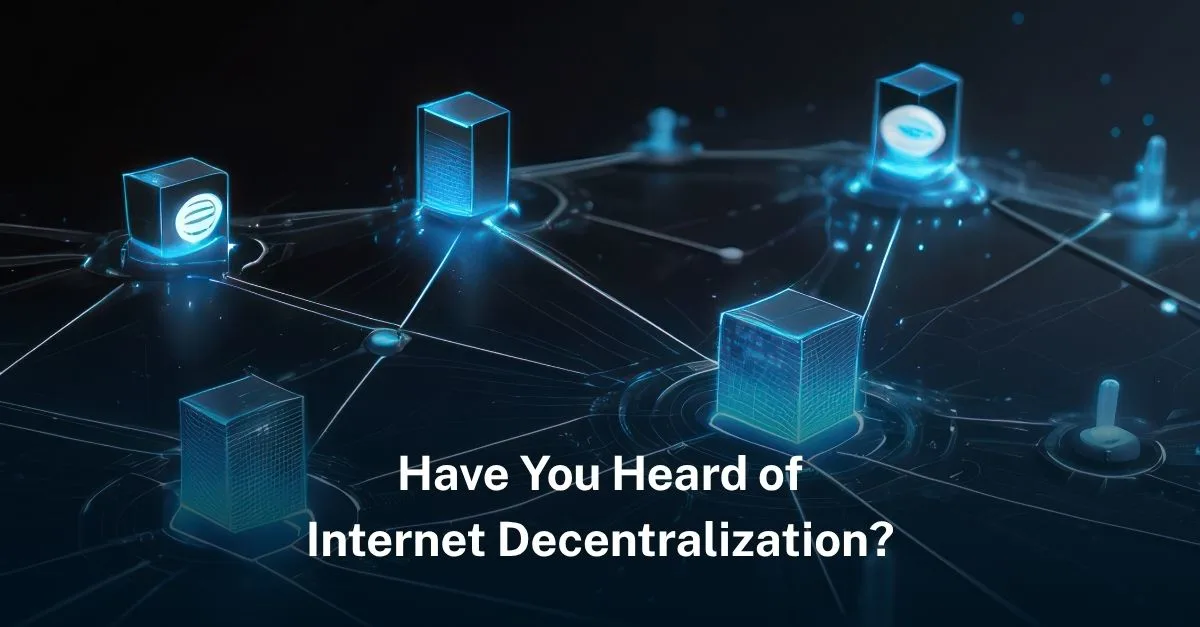


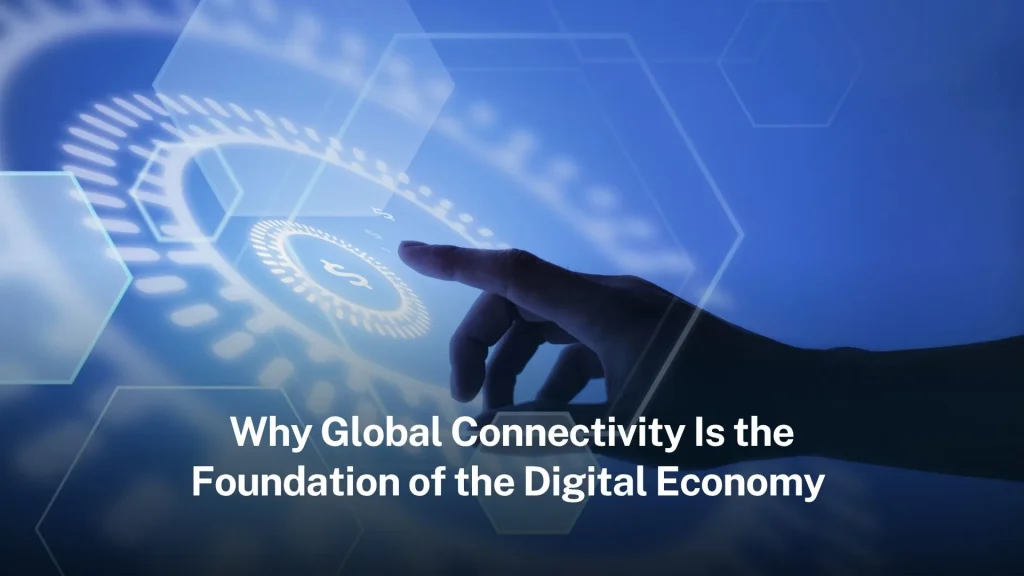
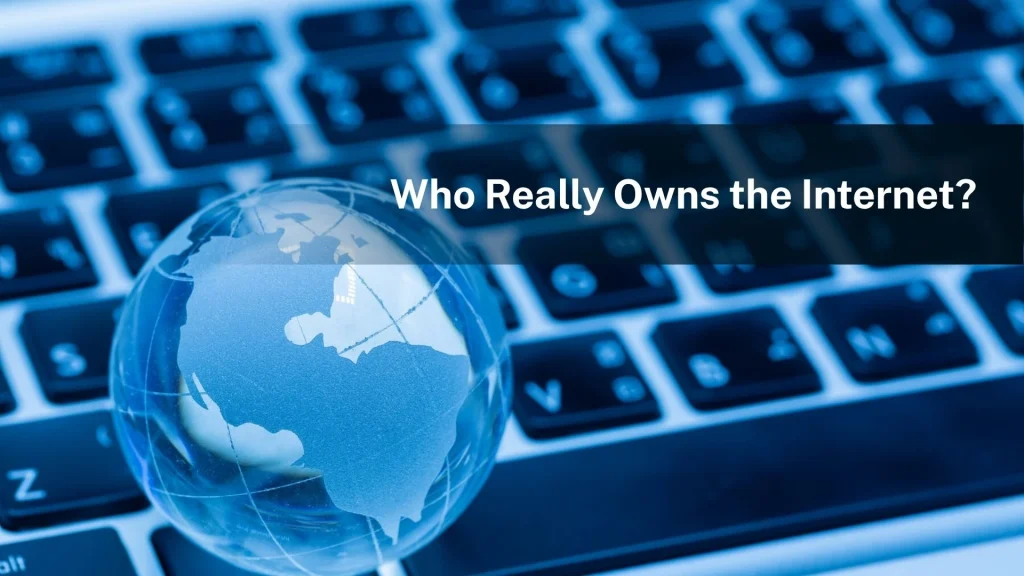
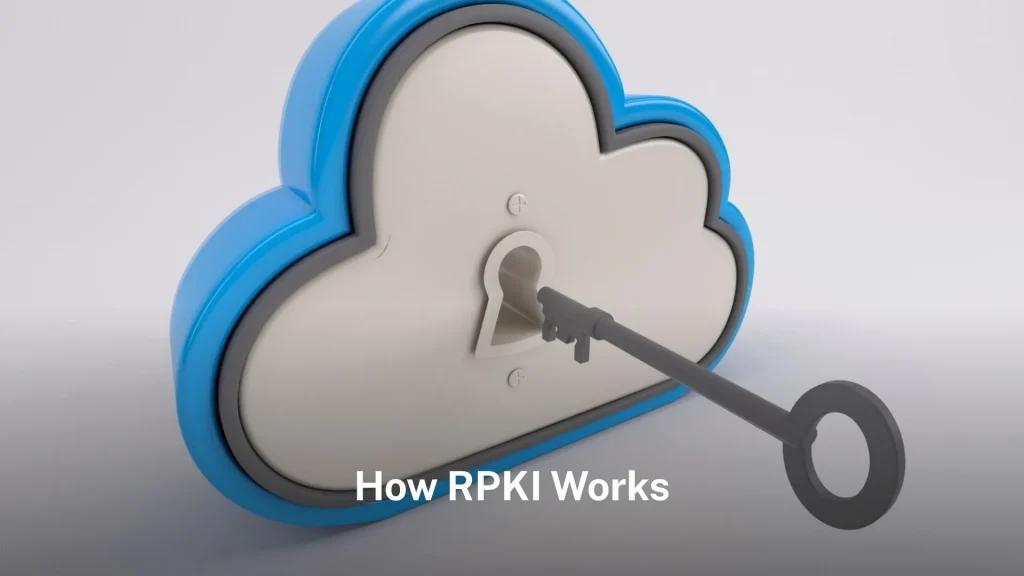
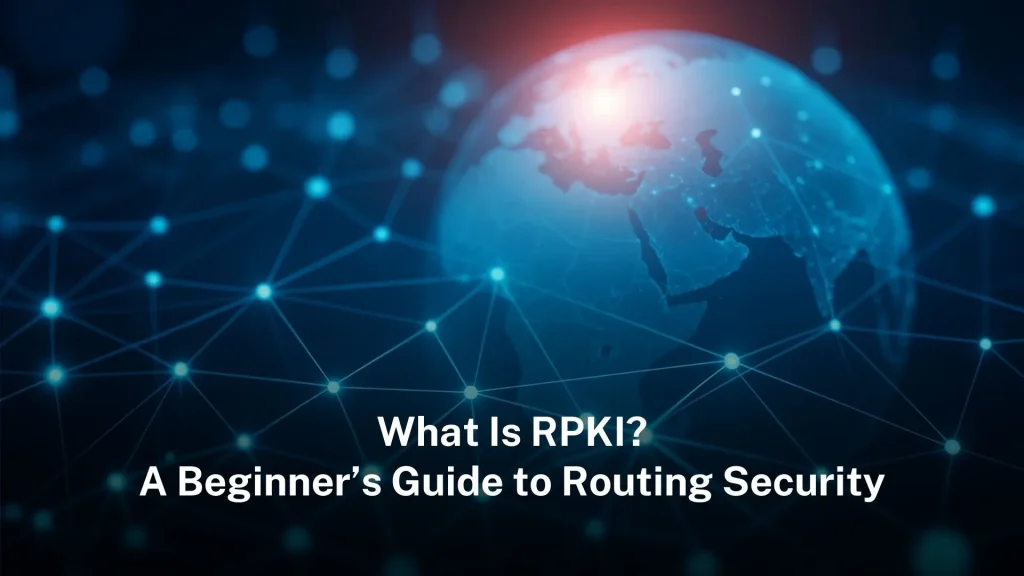
Leave a Reply